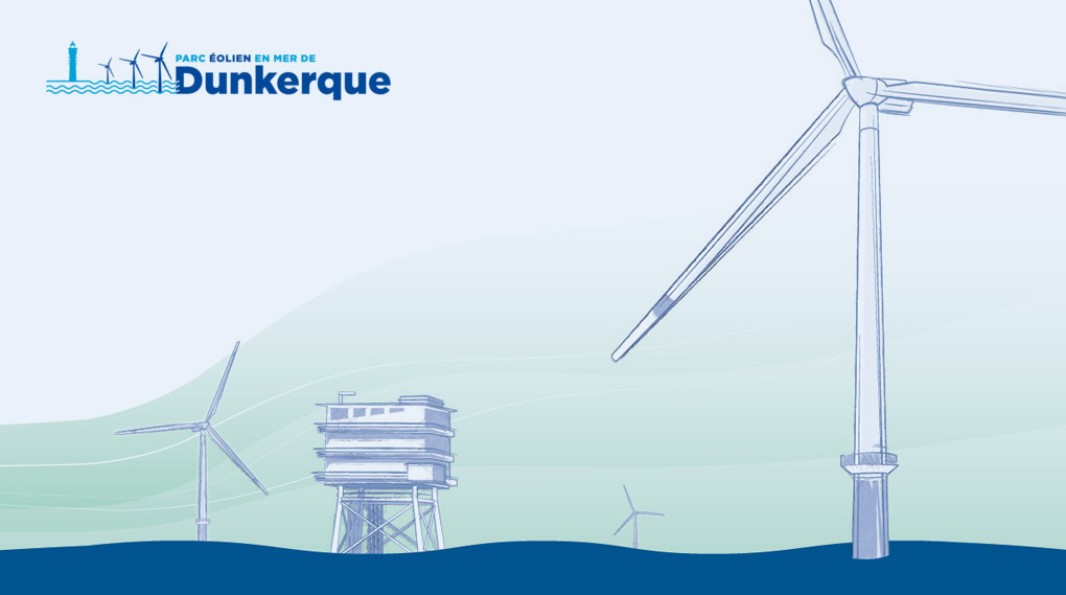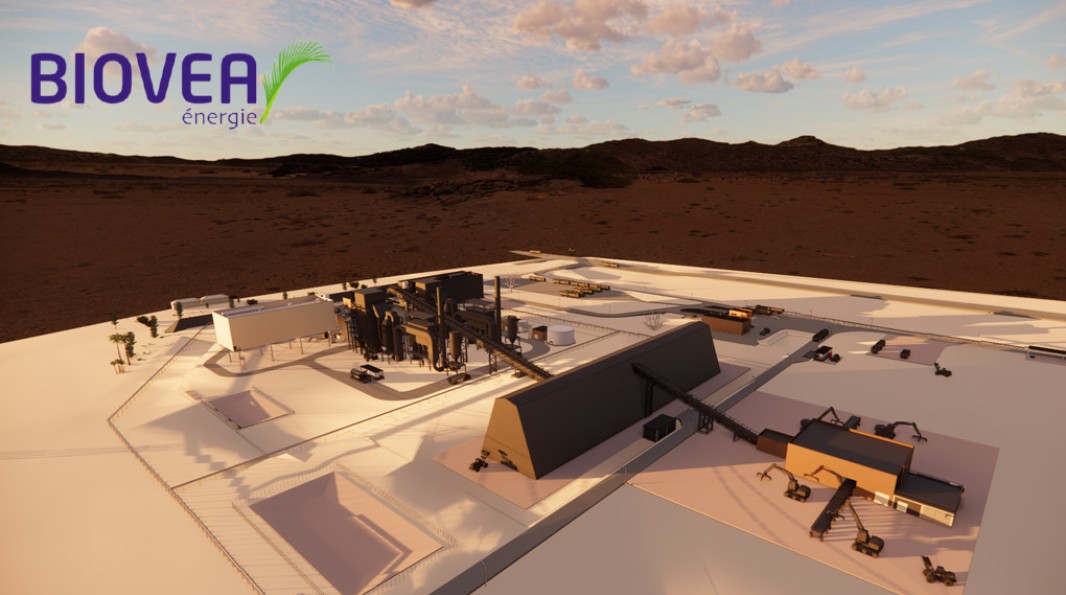Guarantee the local integration of its industrial installation is a constant stake for EDF. Today, the ambition of the Group is to renew and to systematise its dialogue practices next to each new project to better consider the expectations of the territories and of their inhabitants.
The EDF Group commits to implementing the dialogue rules of the international(1) standards in terms of participation of the stakeholders and to achieve a public reporting.
Concretely, the objective respect to each project is to:
- identify the stakeholders
- initiate the dialogue as upstream as possible;
- inform in a clear and transparent way on the project;
- collect the stakeholders’ opinions and answer them;
- implement a processing system of both proposals and claims;
- make sure the indigenous people and the local communities participate in the dialogue process.
Are concerned right from 2017 the new projects of more than 50 million euros(2), having a significant impact on both territories and environment.
(1) International Finance Corporation (World Bank Group); Equator Principles
(2) In France, this financial threshold is 6 times lower than the one defined for the regulatory procedure of public debate
Dialogue to make evolve the projects
In France, EDF Energies Nouvelles is developing several wind farm projects. Whether at sea, off the coast of Saint-Nazaire (Pays-de-la-Loire) or on land, in Wavignies (Oise), discover the way in which the company dialogues on these projects with environmental NGOs, the fishermen or the local residents and local economic development associations.

The Dunkirk offshore wind farm
After the public debate on the offshore wind farm project off the coast of Dunkirk carried out from September 14 to December 20, 2020, EDF and RTE (in charge of connecting the wind farm) decided in May 2021 to continue their project. In this framework, public participation and information continue and are part of the continuity of the commitments made.
The post-debate consultation phase was held from June 2021 to mid-October 2023, under the aegis of two guarantors, Claude Brévan and Jacques Roudier, appointed by the Commission Nationale du Débat Public (National Public Debate Commission).
The guarantors published, on November 15, 2023, their assessment of this ongoing consultation. This report reports in complete neutrality and transparency on all the consultation actions carried out and the arguments exchanged within this framework during this period. It also indicates the recommendations of the guarantors for the continuation of dialogue with the public in the event that administrative authorizations are obtained.
The processing of project authorization requests is underway by State services: consultations are being carried out and opinions are being issued on the project. These are currently being analyzed by project owners to provide details and additions for the upcoming public inquiry.

The BIOVEA biomass power plant in the Ivory Coast
The BIOVEA project consists in the development, the financing, the construction, the and the transfer in full ownership to the Ivory Coast State at the end of the concession, of a biomass power plant connected to the interconnected grid. The power plant of 2 plants 2 of 23MW each, supplied with oil palm residue, will be built in Ayebo, in the Aboisso region in the South-East of the Ivory Coast (110 km in the East of Abidjan).
An innovative project supporting the sustainable development Objectives of the Ivory Coast
A creator of jobs and of additional incomes for farmers, this innovative project supports the Ivorian agro-industrial sector.
-

Thus 500 local jobs will be created during the construction stage and its operation will create up to the equivalent of 1,000 local full-time jobs.
-

The leaves from local cultivation will be collected next to 12,000 village planters who will see their annual income increase by up to 20% and will benefit from combustion ashes, used to enrich the soil.
-

This project increases the country's renewable energy production by 10% and saves 4.5 million tons of CO₂.
-

The power plant will meet the electricity needs of the equivalent of 1.7 million people a year.
Strong commitment to stakeholders to improve social performance
To guarantee an efficient involvement of the local communities, administrative authorities and competent technical State services, BIOVEA Energie committed very early in a dialogue and participation of its stakeholders.
Numerous meetings were organised during the various impact studies and upstream of the project to identify the environmental and social stakes of the project and to consider the stakeholders’ opinions, concerns and recommendations propose high-impact socio-economic measures.
BIOVEA Energie drawn up, before the initiation of the works, a stakeholder commitment plan allowing continuous improvement of the social performance of the project through its different indicators including employment, impact on the incomes, community projects, grievances, etc. and which will be operational all along the life duration of the project.
This plan is expressed by the implementation of several committees made up of local community leaders, representatives of young people and women, representatives of people concerned by the project and administrative and local authorities
BIOVEA Energie also organises monthly thematic meetings with local communities (Ayébo, Assouba and Adaou) to present the risks and impacts of the project, the management measures proposed and implemented and to collect both their requests and grievances.
Meetings are regularly scheduled with the teams from the Town Hall and the Prefecture of Aboisso to present the progress of the project and again collect their opinions, concerns and recommendations as well as with the technical services of the State concerned. to guarantee their involvement in the project and ensure the good E&S performance of the project.

